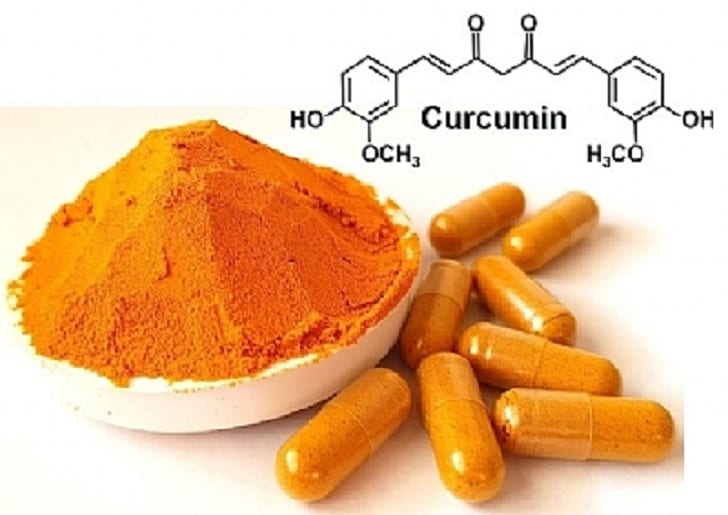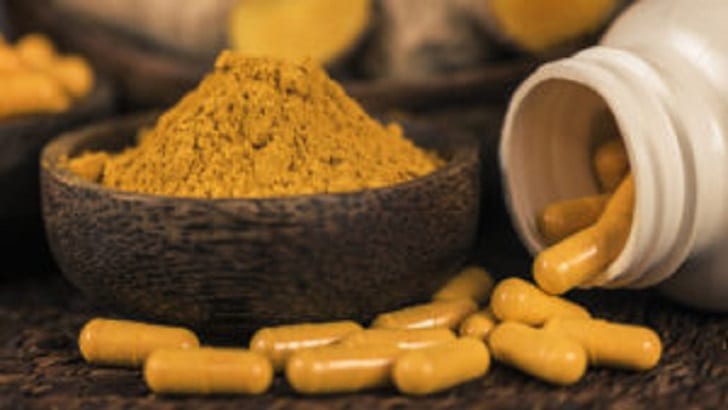Arthritis is a long term, inflammation-causing, anti-immune condition of the human body that can occur in many ways. Osteoarthritis, Rheumatoid, Juvenile, Spondyloarthropathies, and Gout are a few commonly seen versions of arthritis.
This deteriorating disease causes joint pains and weak bones, and any trauma or injuries to joints may also lead to arthritis. Although generally, aged people are affected by it, in recent years, cases involving several middle-aged and young people have also been reported.

While most medical practitioners recommend pain relievers and anti-inflammatory medicines to arthritis patients, exercise and weight loss programs are also simultaneously recommended for better management of the disease.
Even dietary approaches may create a significant impact on the pains, if not ultimately eradicated it. But even after using all these methods, several patients don’t end up achieving the desired results in terms of relief.
As such, turning towards natural products that can help fight arthritis seems like the only sensible solution. And that’s where the magic element Curcumin comes into the picture.
What is Curcumin, and how beneficial is it?
Curcumin is a natural ingredient found in turmeric. And it is common knowledge that turmeric (bright yellow spice) is associated with several medicinal practices like Ayurveda due to its therapeutic quality. Curcumin offers a whole bunch of medicinal and health benefits that can help you fight chronic diseases better.

Read – Curcumin is a Better Healer for Arthritis than Turmeric
Though there aren’t many well-designed studies linked to Curcumin, the ones performed by medical experts prove that the spice has anti-inflammatory effects, and hence, it is an excellent remedy to overcome the discomfort a disease like arthritis causes.
Let’s have a quick look at a few qualities of Curcumin:
-
Anti-inflammatory and Antioxidant properties
It is believed worldwide that free radicals occur naturally in a body. These are the unstable atoms or molecules which do not have an electron.
But a large number of such particles cause oxidative tension, which in turn leads to inflammation. The antioxidants and omega-three fatty acids present in Curcumin offset the free radicals, hence providing relief from inflammation.
Read – Guide to Anti-inflammatory Foods
-
Acts as a TNF and COX inhibitor
According to some researchers, Curcumin may subdue the body’s response to Tumor Necrosis Factor (TNF). TNF is a chemical that causes inflammation in the case of arthritis and is produced by the immune system. Additionally, the two enzymes COX1 and COX 2 are also found in Curcumin.
While COX1 is known to influence the clotting of blood and stomach health, COX2 is associated with changing inflammation that can lead to pain. Curcumin may inhibit both these enzymes from providing relief.

The Bottom Line
Many medical professionals do not recommend the extended use of Curcumin since it is not easily absorbed in the bloodstream. Additionally, it accounts for only 3 to 5% of the turmeric spice and disease as severe as arthritis requires more of its quantity. So, effectively, Curcumin should be given only as a supplement.
